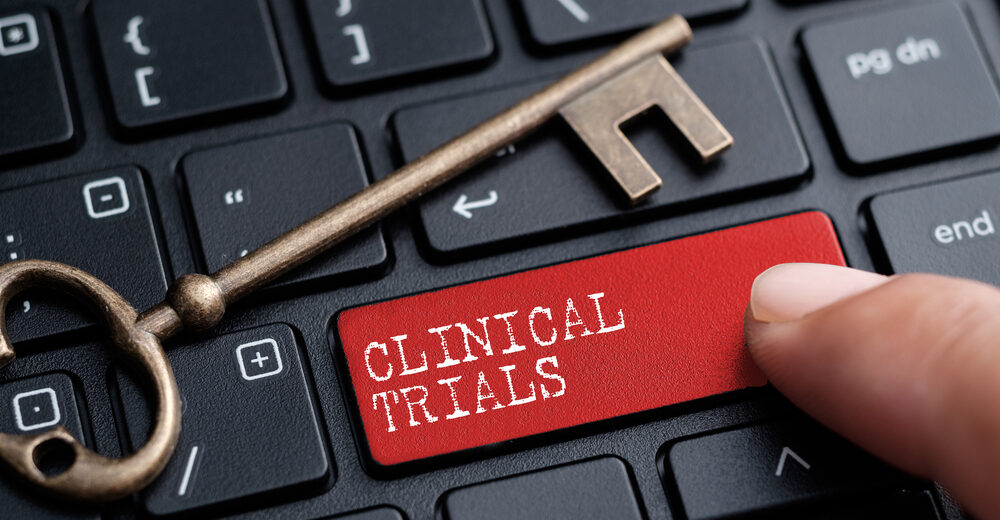What are ‘adverse events’ and why is it necessary to record and report them?
Posted on 26th March 2021 by Jehath Syed

Introduction
In recent times, many terms and phrases that we may have used occasionally have now become part of our conversation after the novel coronavirus disease pandemic. One such term is ‘adverse event’, which is making headlines with the release of the vaccine.
Clinical studies involve both healthy human volunteers, and patients with the target disease. No investigational drug molecule or device is free from adverse effects; close monitoring for both the desired outcomes as well as for adverse events that may occur during the study period is necessary. With patient safety being paramount in clinical research, it becomes an important aspect to be vigilant about any adverse events occurring in study participants.
Several terms such as adverse events, adverse drug reactions, adverse effects, serious adverse events, serious adverse effects, side-effects, complications, and harms are often confused as synonyms. However, these are closely related when describing drug safety aspects.
An adverse drug reaction (ADR) is any undesirable or unintended effect of the drug that occurs during its proper use. However, an adverse event is the occurrence of an undesirable event during or following the exposure to the drug, but not necessarily caused by the drug itself.
An adverse event (AE) may be:
- A physical event; for example, rash
- A psychological event; for example, altered cognition
- A laboratory event; for example, elevated creatinine
- Worsening in the severity of the pre-existing condition; for example, uncontrolled blood glucose levels
‘Serious adverse events’ is the other term that is frequently mentioned in clinical studies. So how different is this from adverse events?
The U.S. Food and Drug Administration (FDA) defines a serious adverse event (SAE) as any undesirable occurrence that may result in any of the following outcomes:
- Results in death, or
- Is life-threatening (risk of death because of the event), or
- Requires hospitalization or prolongation of existing hospitalization, or
- Results in persistent or significant disability or incapacity, or
- Results in congenital anomaly or birth defect.
Importance of reporting adverse events
The adverse event reporting data can address the study participant safety issues. The protocol should mention the methods to monitor, report, and handle the adverse event.
Clinical studies can be single- or multi-centred. The multicentre studies involve a greater number and a wide variety of study participants making it complicated to monitor adverse events, and certain incomplete safety reports from these multi-centres may lower the understanding of the adverse event in the context of the entire study.
An efficient recording is essential for the regulatory authorities to evaluate the safety information. The information about the severity, study intervention relationship, action taken regarding the study intervention, outcomes of the adverse event, and whether it was serious, should be recorded.
The investigator must document all the observed adverse events and all the study participant reported adverse events. During each visit, it is necessary to look for any possible adverse event occurrence. All the information provided, regardless of its severity, should be recorded and reported. This information becomes part of the safety database for the drug or device under investigation.
Conclusion
It is important to understand each adverse event, its relevance, and significance to the study drug or device and the study. The recording and reporting of these events lead to improved patient safety.
References
U.S. Food and Drug Administration (FDA) (2020). Code of Federal Regulations Title 21. Sec. 312.32 IND Safety Reports. FDA. Web. Available from: https://www.accessdata.fda.gov/scripts/cdrh/cfdocs/cfcfr/cfrsearch.cfm. [Accessed February 26, 2021].
U.S. Food and Drug Administration (FDA) (2016). What is a serious adverse event? FDA. Web. Available from: https://www.fda.gov/safety/reporting-serious-problems-fda/what-serious-adverse-event. [Accessed February 26, 2021].




No Comments on What are ‘adverse events’ and why is it necessary to record and report them?
Insightful. Concept is explained comprehensively.
27th March 2021 at 3:08 pm